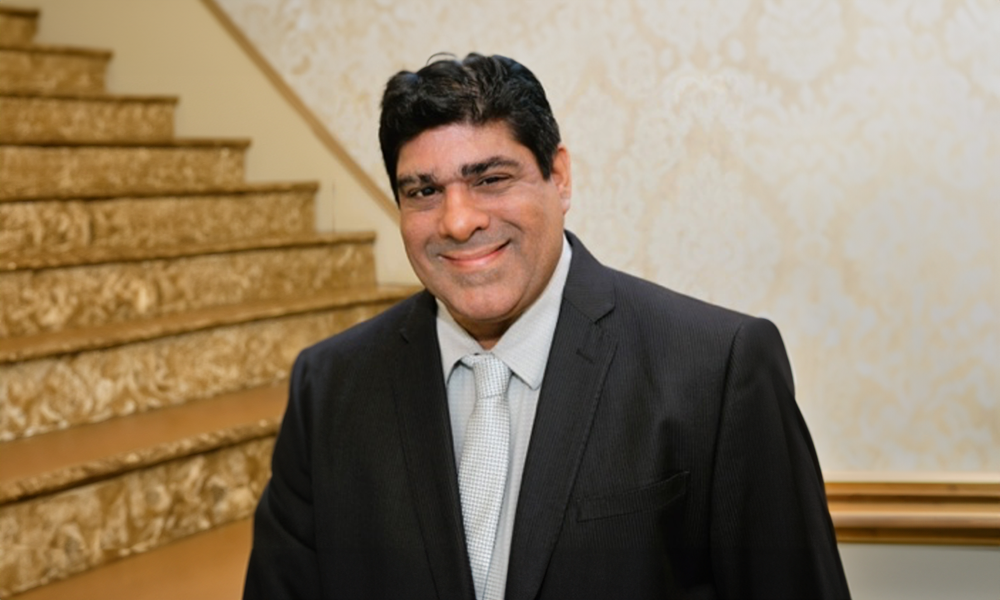The Western New England University School of Law will introduce a Family Defense Practicum into the JD curriculum in Spring 2021. This immersive experiential learning opportunity is the result of a partnership between WNE University School of Law and the Committee for Public Counsel Services (CPCS), the statewide public defender system. Working with the CPCS's Children and Family Law (CAFL) program, the initiative is designed to help alleviate the shortage of certified attorneys who have the time and training to represent families in need in western Massachusetts. The program will be helpful in preparing students for future CAFL work, and those who want to participate in the CAFL Pipeline Program.
Participants in the Family Defense Practicum will spend 16 hours a week at their jobsite working under the supervision of staff attorneys as student lawyers in the Children and Family Law (CAFL) division of CPCS. The CAFL division provides legal representation to both children and indigent parents in child welfare matters. Student lawyers will have the opportunity to represent parents in child welfare proceedings as well as child clients who are verbal and can articulate their position. They may also have the opportunity to represent infants and toddlers, in which the student lawyer will aid in substituting judgment for the child. Practicum applicants must satisfy all prerequisites, attend an orientation and weekly seminar, and fulfill the requirements for student practice certification under SJC Rule 3:03.
"We at CPCS are very excited to have students join us in our work in the Juvenile Courts." says Barra Cohen, staff attorney at the Amherst-Northampton CAFL Office. "I think that many people may not realize the important work that is done there. In part that may be due to the fact that in Massachusetts care and protections occur in impounded courts so the public is not allowed in. We hope that this program will help to bring awareness to this interesting and important area of law and in turn bring in passionate new lawyers into the fold."





